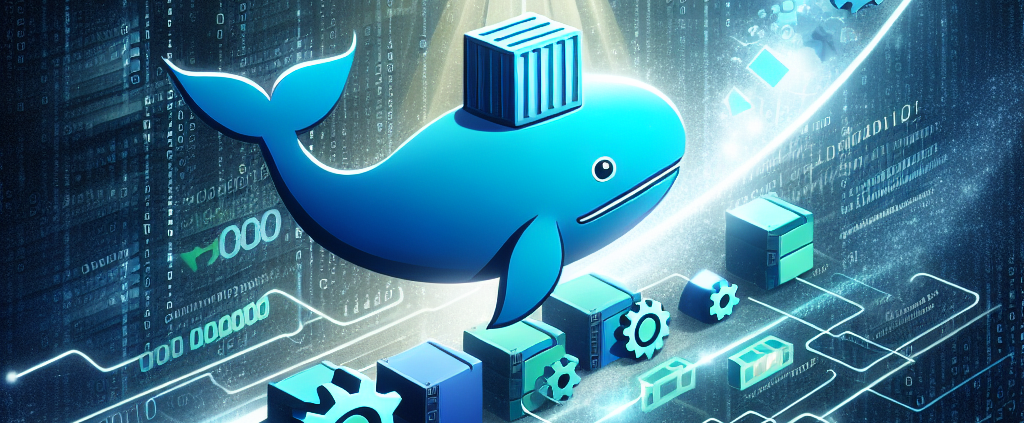Leveraging Docker for Enhanced IT Efficiency and Innovation
The Strategic Adoption of Docker in Modern Application Development
In the realm of software development and IT infrastructure, Docker has emerged as an indispensable tool that revolutionizes how we build, deploy, and manage applications. With my experience running DBGM Consulting, Inc., where we specialize in cutting-edge technologies including Cloud Solutions and Artificial Intelligence, the integration and strategic use of Docker has been pivotal. This article aims to shed light on Docker from my perspective, both its transformative potential and how it aligns with modern IT imperatives.
Understanding Docker: A Primer
Docker is a platform that enables developers to containerize their applications, packaging them along with their dependencies into a single, portable container image. This approach significantly simplifies deployment and scaling across any environment that supports Docker, fostering DevOps practices and microservices architectures.
The Value Proposition of Docker
From my standpoint, Docker’s value is multifaceted:
- Consistency: Docker ensures consistency across multiple development, testing, and production environments, mitigating the “it works on my machine” syndrome.
- Efficiency: It enhances resource efficiency, allowing for more applications to run on the same hardware compared to older virtualization approaches.
- Speed: Docker containers can be launched in seconds, providing rapid scalability and deployment capabilities.
- Isolation: Containers are isolated from each other, improving security aspects by limiting the impact of malicious or faulty applications.
Docker in Practice: A Use Case within DBGM Consulting, Inc.
In my experience at DBGM Consulting, Docker has been instrumental in streamlining our AI and machine learning projects. For instance, we developed a machine learning model for one of our clients, intended to automate their customer service responses. Leveraging Docker, we were able to:
- Quickly spin up isolated environments for different stages of development and testing.
- Ensure a consistent environment from development through to production, significantly reducing deployment issues.
- Easily scale the deployment as the need arose, without extensive reconfiguration or hardware changes.
Opinion and Reflection
Reflecting on my experience, Docker represents a paradigm shift in IT infrastructure deployment and application development.
“As we navigate the complexities of modern IT landscapes, Docker not only simplifies deployment but also embodies the shift towards more agile, scalable, and efficient IT operations.”
Yet, while Docker is potent, it’s not a silver bullet. It requires a nuanced understanding to fully leverage its benefits and navigate its challenges, such as container orchestration and security considerations.
Looking Ahead
As cloud environments continue to evolve and the demand for faster, more reliable deployment cycles grows, Docker’s role appears increasingly central. In embracing Docker, we’re not just adopting a technology; we’re endorsing a culture of innovation, agility, and efficiency.
In conclusion, Docker is much more than a tool; it’s a catalyst for transformation within the software development lifecycle, encouraging practices that align with the dynamic demands of modern business environments. In my journey with DBGM Consulting, Docker has enabled us to push the boundaries of what’s possible, delivering solutions that are not only effective but also resilient and adaptable.
For more insights and discussions on the latest in IT solutions and how they can transform your business, visit my blog at davidmaiolo.com.






Leave a Reply
Want to join the discussion?Feel free to contribute!